Between new consoles and new entries in the Assassin’s Creed, Call of Duty, Watch Dogs, and Yakuza franchises, among others, the next few months are stacked with games designed to keep you playing for as long as possible. This isn’t a new phenomenon. Every year, we get more games that want your attention for longer, but that includes indie games that want to provide just a few hours of entertainment or thoughtful contemplation.
We’ve never really seen anything quite like 10mg (Ten Minute Games) though. A group of passionate, independent developers has gathered under this banner, all sharing the goal of pushing back against scale, of treating video games like poetry or short stories where a snippet is all you need, to rewrite the very way we think about what video games are and can be.
“The big goal,” said founding member torcado, “is to promote the idea of small games globally … to help people see that small games are worth their time and money.”
Launching on Steam today, 10mg comprises 10 games designed to be completed in 10 minutes. They will be available individually for up to $3, or you can get them in a bundle for – you probably guessed it already – $10.
Many new-release Steam games at that price point are uninspiring — hentai games or cheap clones — and while 10mg rises above that, torcado suggested its low-priced competitors shouldn’t be regarded with derision: “I think it would even be beneficial to lower people’s disdain for that type of game, even if it is just a scam that takes your dollar. It’s not really that much to take a dollar to gamble on a cool game that may be just some weird, dumb thing that some studio made.”
While at least some of the games that make up 10mg might be described like that, that’s not what the collective is about. Rather, it’s about showing what short-form video games can do.
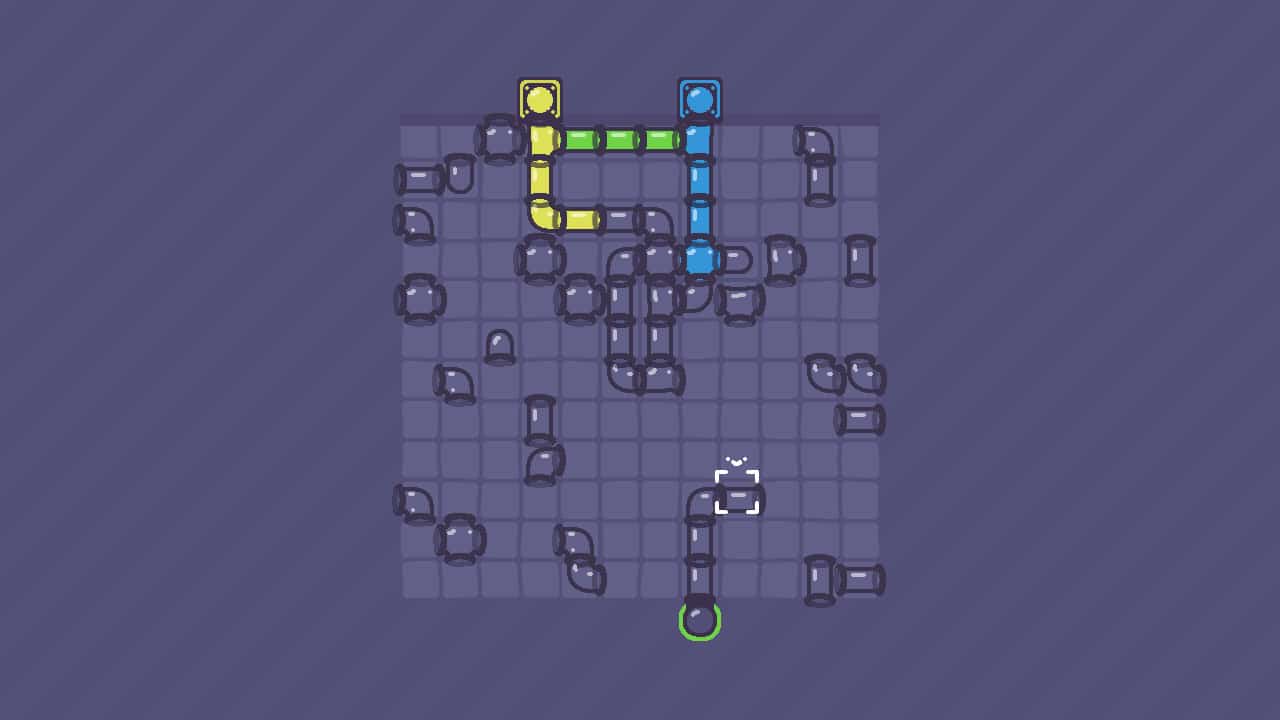
Torcado’s inclusion is, perhaps, the sincerest distillation of this goal. Titled : ), it is effectively a minigame compilation featuring versions of classics like Pong and Breakout that have been reimagined to surprise the player and evolve logically from one game into the next. He said that his ambition was to offer “a bunch of ideas” giving the player something new for as long as they remain engaged with the game.
For torcado, 10mg represents an opportunity to really showcase novelty in game mechanics. He touched on the discussion about how long video games often are and how those that seek to provide infinite entertainment dominate the media, while “a lot of games get pushed off the radar when they’re short and juicy.”
Be it a story-based game, a rogue-lite, or a multiplayer game, the expectation of four or 10 or 20 hours of entertainment brings with it a significant barrier: “There are only a few ways you can stretch out a game to be 4+ hours. … If you have a cool idea for a mechanic that doesn’t necessarily have the ability to stretch over 30 minutes, there’s no way for any studio or developer to create a game with cool mechanics like that at its core that stretches to the length of a full title that people expect.”
In contrast, short games can be built entirely around a single, simple mechanic. Think Papers, Please, Portal, or Her Story. None of those are 10-minute experiences, to be sure, but it’s unlikely that any of them would be as magical or resonant if they were twice as long.
Torcado believes that, at least for now, it’s squarely indie developers who can deliver these short and experimental yet powerful games. His argument is simply that the revenue stream is unlikely to be sustainable for any AAA company. He didn’t rule it out entirely at some point in the future, though he said that “it would have to be like a streaming service or Netflix-type thing where you subscribe to a service; then you get a short, experimental game from your favorite publisher or studio every month or whatever.”
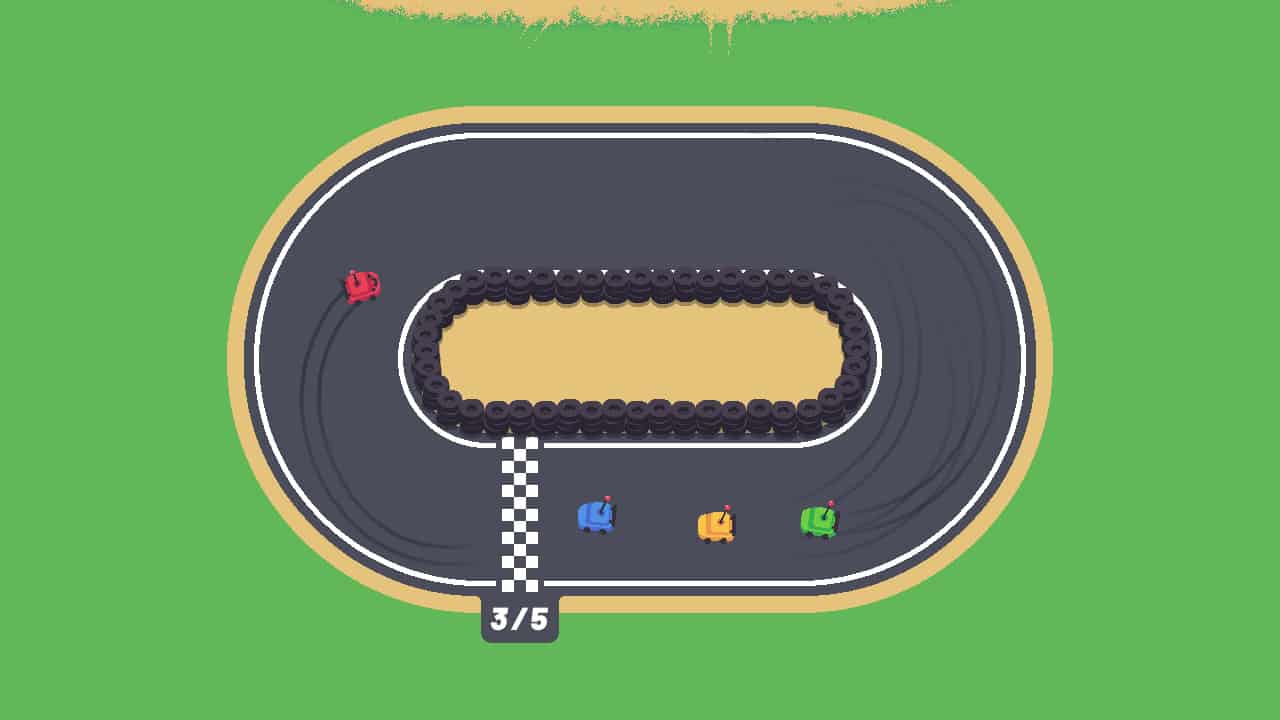
Fellow 10mg contributor Attila agrees with that sentiment. But being a solo developer contracting out his skills and working on personal projects in his spare time frees him to be more cavalier with his ambitions. “If I can get this game out in front of just a couple dozen people and it has an impact on their lives, then that will be satisfying to me,” he said. He admitted that he doesn’t expect his 10mg effort to even make back the money he spent to license the music and get the game on Steam.
His game, Stroke, is a narrative experience, centered on being in a hospital waiting room and waiting for news about a loved one’s prognosis. It’s heavy and a little discomforting, with themes of trauma and loss. It’s the kind of thing Attila believes “you’re never going to see a AAA studio committing to … or very rarely and perhaps only for the shock value of it.”
Stroke is almost a remaster of his submission to the latest Game Maker’s Toolkit game jam. The original game is and will remain available for free on itch.io, but Attila has undertaken a comprehensive overhaul for the re-release. Among the new features are controller support, the aforementioned licensed music, Steam achievements and stats – “all these things that I consider to be just sort of baseline quality and par for the course” – as well as a thorough line edit to the original script.
Despite his modest ambitions, he’s hoping that taking part in 10mg can help him to reach a bigger audience. Discoverability has often been a significant challenge for indie developers. The technological arms race for the best visuals and the most content that takes place in the AAA industry extends to marketing, with the GaaS model and the media cycle ensuring particular games crush others out of the limelight. “It just makes it nigh on impossible for truly independent developers,” Attila said. “How on Earth are we going to get our games in front of an audience when we have to compete with that?”
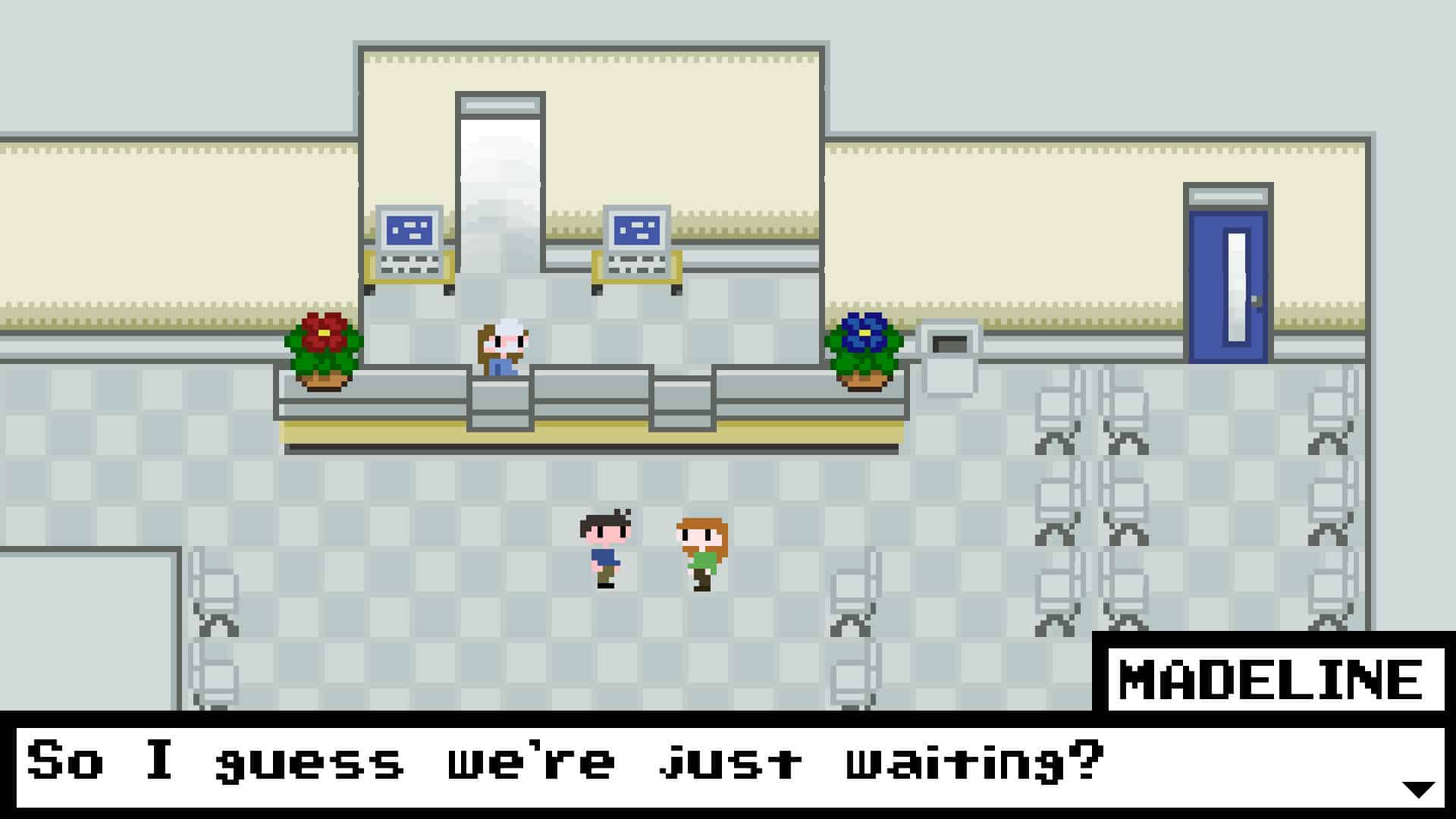
There is no surefire way for an indie to garner attention. A former project Attila had been a part of, Robo’s World: The Zarnok Fortress, commissioned an artist to help it catch the eye, but to little avail. 10mg is another path to finding an audience that may appreciate Attila’s approach to game design and perhaps pique interest in some of his other games.
But 10mg is more than just a marketing opportunity. It’s about linking up with a group of like-minded individuals to do something unique and interesting, which Attila hasn’t really done before. Although he has worked with other teams and acted as a contractor, most of his work has been solo, and he cautioned aspiring game developers against following his example: “If I ever do manage to break out of the obscurity that I’m in and get my games in front of people, the message I would give to them is do not do it the way I did. Do not just keep making your own games. Meet other people. Work with others who also want to make games because it is hard as heck as an individual to get yourself noticed.”
10mg connects Attila with other creatives who want to change things in their own small way, by showing that games don’t have to be monolithic, ravenously time-consuming beasts. Instead, they can be small and contained and no less valuable for being so.
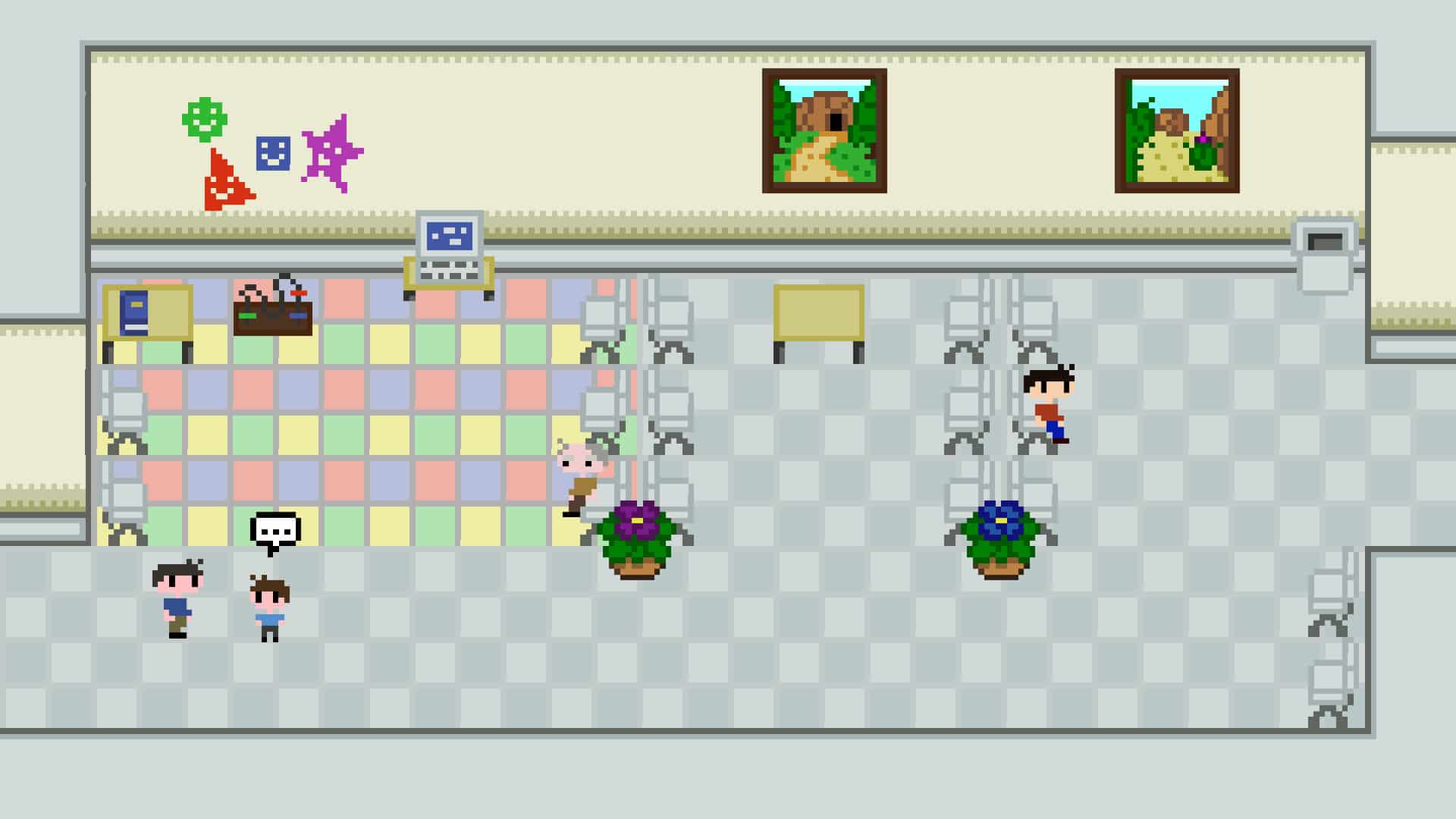
In fact, another member of the group, Droqen, believes 10mg has considerable potential to attract new players by setting the parameters of what it offers. As he noted, a 10-minute game does what the brand says: “It’s not this unknown investment into an unknown thing. It’s a fixed investment into an unknown thing, which is a lot more easy to stomach.”
Droqen also echoed torcado’s thoughts that these short games force developers to get to the point. No time is spent on “rote work” like traversing space, crafting items, or fighting trash mobs. He sees those activities, difficulty spikes, and other time-consuming obstacles as “kind of like a microtransaction,” in that the game hooks you, then forces you to perform tedious tasks before letting you get back to what is actually fun.
That idea of fun and the fundamental idea of play is what drives Droqen as a game maker. Perhaps it’s that his earliest memories of gaming are playing and making levels in Doom before he was even in school, and his formative years were spent fiddling around in Visual Basic, Game Maker, and later Python and Flash. Whatever the reason, he said that “as a person, there’s no social movement that really speaks to me that much. I don’t know if play is a vapid thing to care about, but I care about it so deeply.”
His goal is to make games that embrace the idea of meaningful play. According to Droqen, many of the “art games” of the past decade have tried to provide an emotional or narrative experience at the expense of fun. He wants to “bridge this gap. I want a game that produces play that means something.”
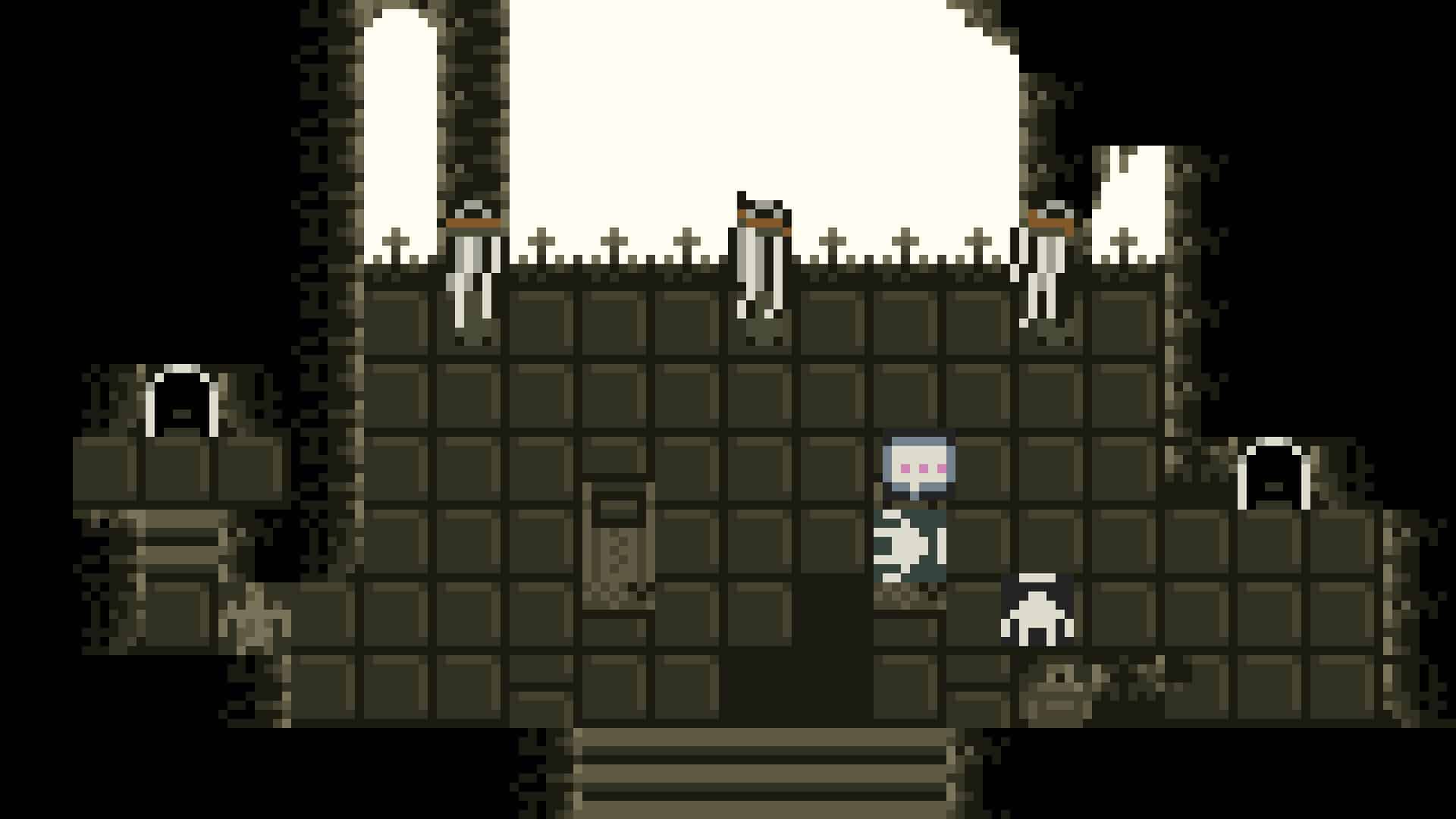
Droqen’s 10mg project is HANDMADEDEATHLABYRINTH issue 0, a retro-styled dungeon crawler. Its name riffs off an alternative genre name for roguelites, “procedural death labyrinth.” The game is the first outing for a new engine Droquen’s been developing, drawing inspiration from sources as diverse as The Legend of Zelda, Bitsy, Etrian Odyssey, and, almost inevitably, Dark Souls. It’s about a stiff challenge posed by smart enemies, wrapped up in a gloriously old-school pixel art aesthetic. It’s the kind of idea that sounds more suited to a 10-hour adventure than a 10-minute one, but to explain how it fits the latter model would spoil the surprise.
The game represents Droqen’s return to the spotlight after more than half a decade away. In 2013, he released Starseed Pilgrim, a minimalist puzzler/platformer called a “challenging, perplexing game set in a strange space that is illuminated by frequent sparks of genius” (among other nice things). However, the popularity and positive reception of that project proved burdensome. “I let it get to my head a little bit,” Droquen said. “I was like, ‘Well of course. Now I can just do it again any time I want.’ … Failing to do that was kind of like an identity crisis for me.”
Getting back to a space where he feels comfortable and free from the weight of past success has taken Droqen a long time, and 10mg is a fresh opportunity for him to show what he can do. He hopes that this release is just the beginning for HANDMADEDEATHLABYRINTH, speaking of a 100-floor, entirely hand-crafted dungeon, though he admits that’s probably “doomed to fail.” His plan right now is more modest: “I’ll make a game that’s a dungeon, and I’ll release it, and then as long as I’m still feeling it, I would love to just keep using this engine and this genre to just make another dungeon that maybe subverts your expectations from the previous one.” Whether that’s achievable remains to be seen, but 10mg promises to be just the first step.
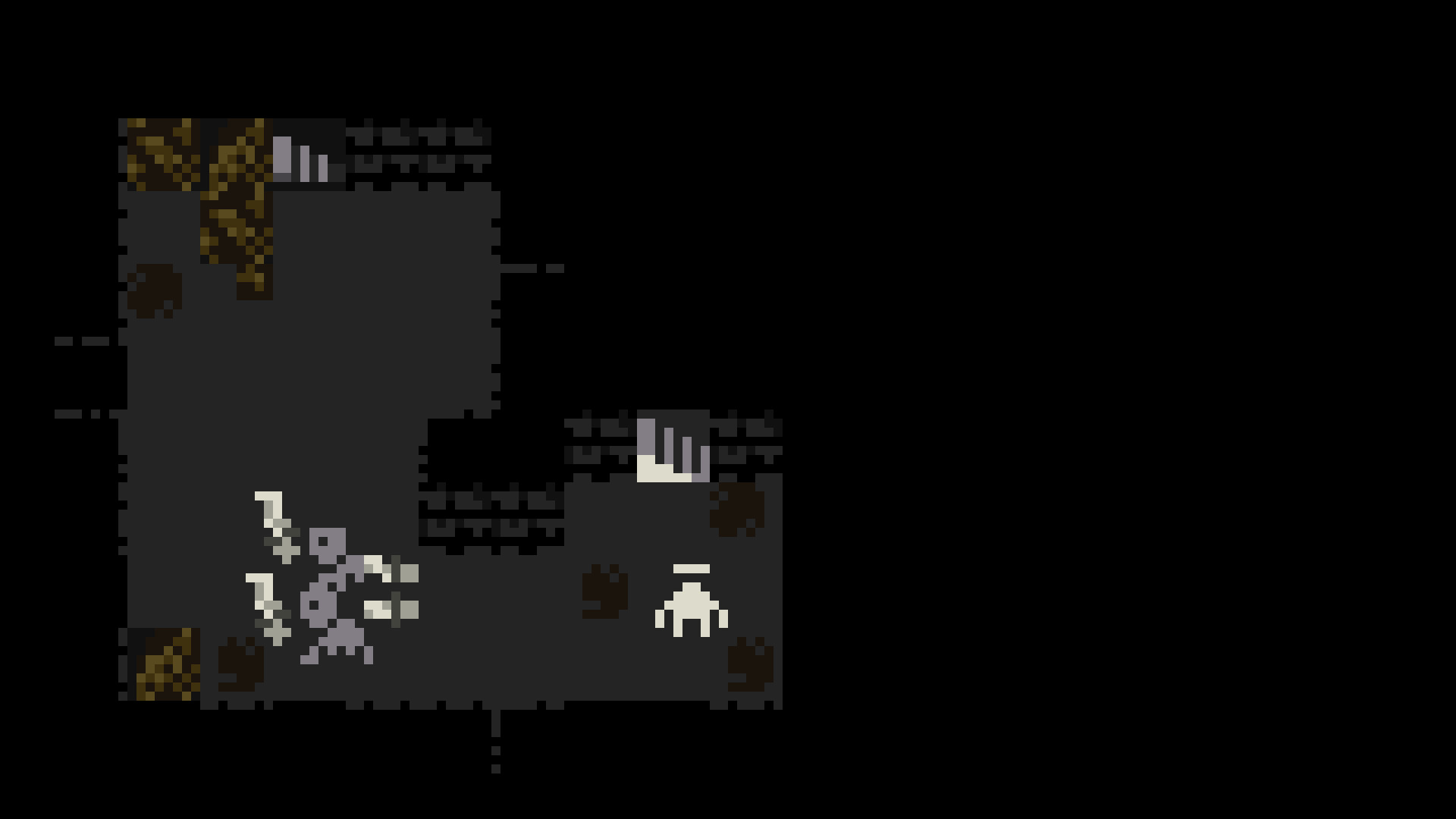
Poetry and short stories aren’t for everyone. Their density and ephemerality can make them almost impenetrable to some readers. In the same way, these kinds of ultra-short games may turn some prospective players away.
But the short form inspires experimentation; that is as true of game development as it is of writing. Not having the expectation to sell a million copies means more risks can be taken. Sometimes those risks will not work out. Sometimes they will.
Everyone who spoke about 10mg expressed hope that their odd little project will change the way we all think about the value of video games. They hope they can build a home and a hub for indie developers who want to make weird and wonderful things, while also getting some kind of return out of it, but they are also realistic in their expectations. They don’t expect to break even — they don’t expect to make back the $100 Steam submission fee.
They don’t begrudge the industry for the way it is, but they hope they can leave some small mark on it.
10mg has begun offering its games to Steam today. Among the other contributors are Gutwhale developer Stuffed Wombat, prolific love ♥ game creator Sylvie, and The Night Fisherman developer Far Few Giants.

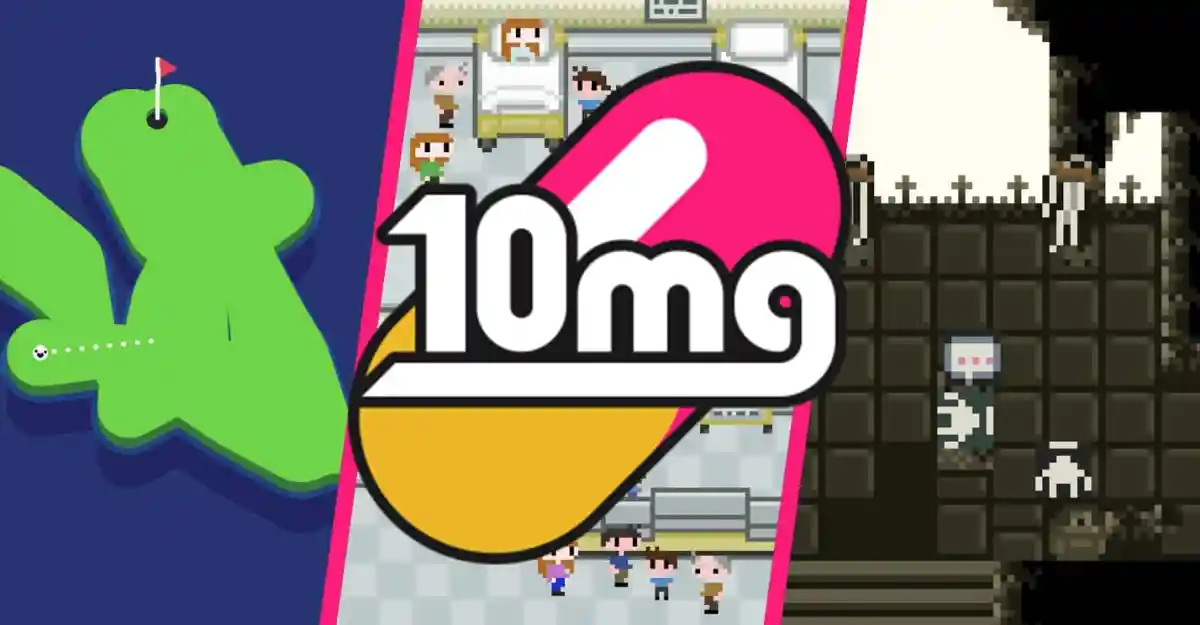




Published: Oct 15, 2020 03:00 pm